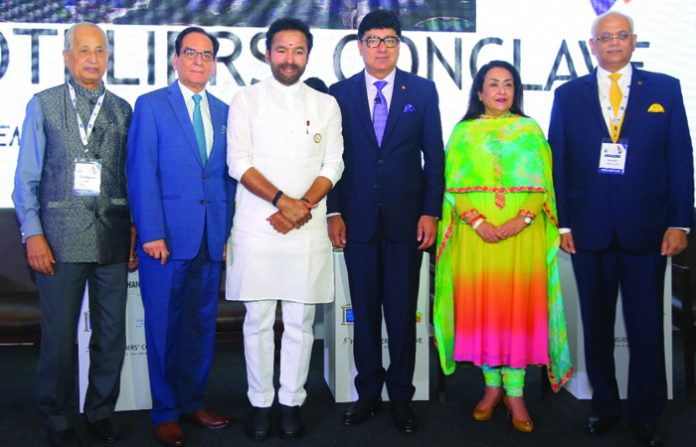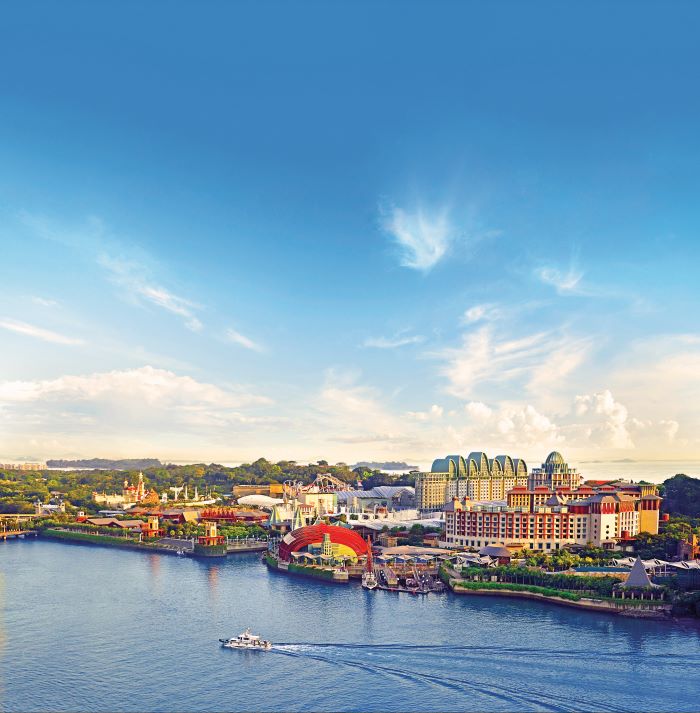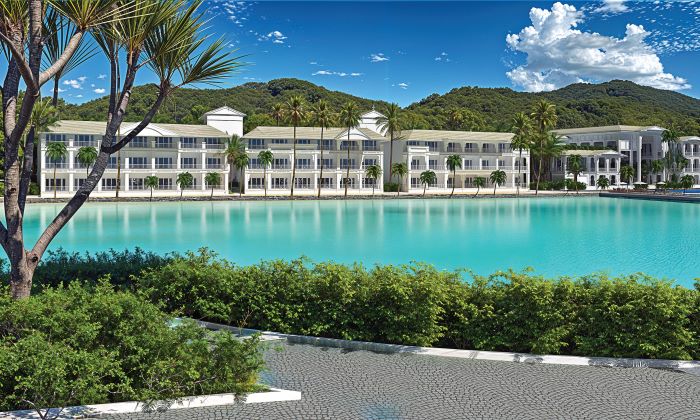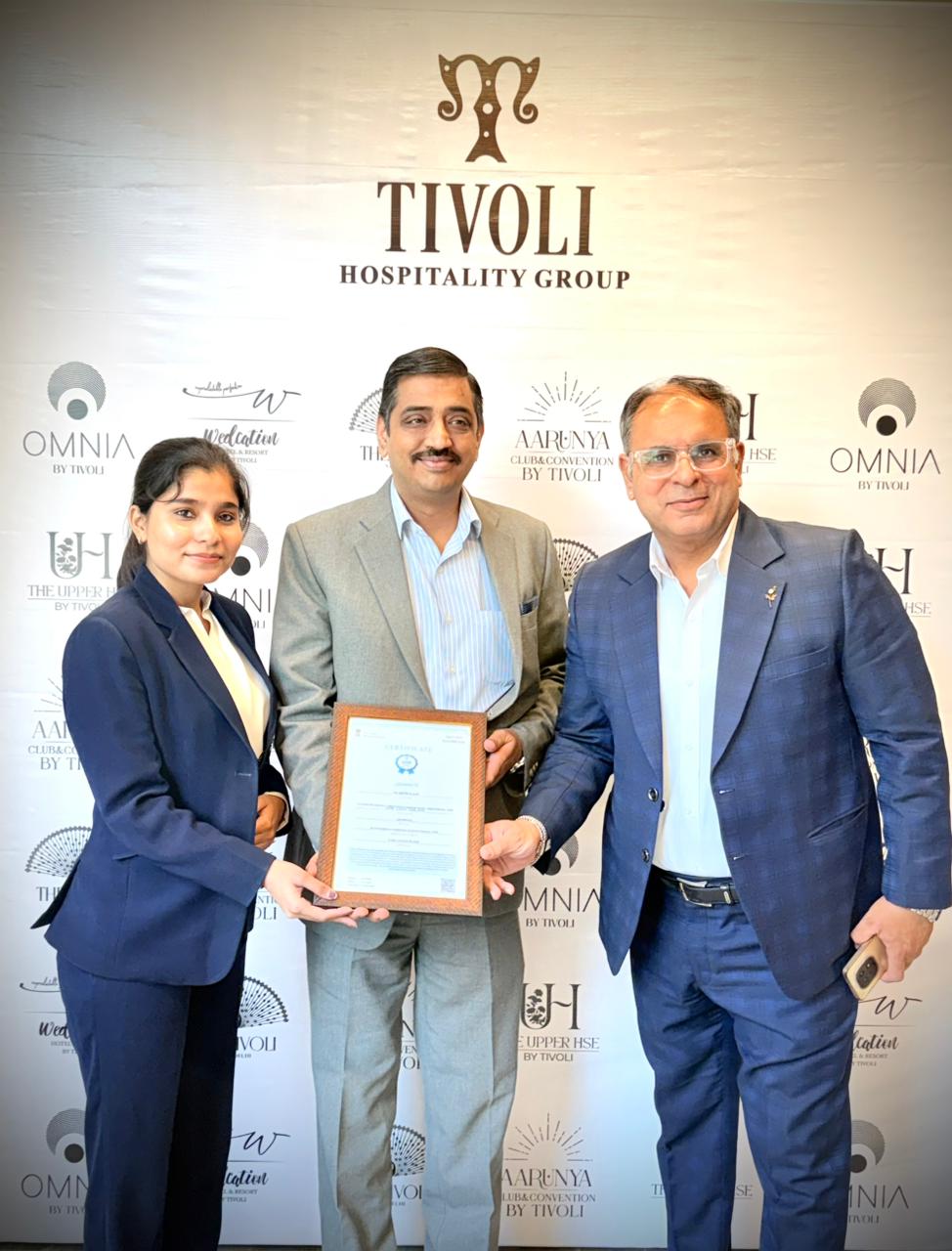Recently concluded 5th HAI Hoteliers Conclave discussed current status of hospitality sector. Panelists consisting of owners and CEOs of hotel companies suggested various measures to rejuvenate sector and enhance business post-COVID.
HT Bureau
Hotel Association of India (HAI) recently concluded its 5th HAI Hoteliers Conclave followed by 26th Annual General Meet. The day-long conference, dotted with a series of panel discussions, hosted several hospitality industry leaders and experts from around the globe, owners and CEOs of hotel companies, policymakers, and professionals from across the country.
Revamping the Hospitality sector
Seeking greater collaboration and cohesion between the government and private players, G Kishan Reddy, Union Minister of Tourism called on hoteliers to partner with the Archaeological Society of India to help improve more than 3,500 monuments across the country. He also informed that the government is seeking suggestions to attract investors for the India Investors Tourism Conclave from all over the globe. In addition, he also expressed his intent to revamp the star categorisation criteria for hotels. “I have observed that even a 10-keys hotel in Kerala is applying and receiving a five-star categorization just that so the hotel can get a bar license. Now imagine a tourist from Italy or Spain booking this hotel, thinking it is a five-star property, and eventually finding out that it has got just 10 rooms. It ruins the whole Incredible India experience for the tourists,” Reddy said.
Talking about bolstering India’s image as the most tourist-friendly destination with G20 Summit, Arvind Singh, Secretary, Ministry of Tourism, said, “The Ministry of Tourism has shortlisted 55 destinations where over 200 meetings for G20 Summit will take place. Some of the selected destinations are Rann of Kutch, Siliguri, Srinagar, and Goa. We are also working towards revamping our overseas promotion strategy.” The government has indicated that a National Tourism Authority and a National Tourism Board—another major suggestion of HAI—may be a reality soon, paving the way for professional management of tourism and ushering in a strong role of the industry in policy formulation and implementation. The New Tourism Policy is expected to provide ways for strong collaborative partnership between the industry and the government, always strongly espoused by HAI.
From recovery to sustainable growth
Terming post-COVID recovery of the industry a revolution, Puneet Chhatwal, President, HAI and Managing Director and CEO, IHCL, said, “The COVID puts everything under a magnifying glass and now with rationalisation taking place and the adoption of new technology, the world is rethinking tourism. The tourism industry is going through not just an evolution but a revolution. Collaboration between government and private players will encourage investments in the sector and create millions of incremental jobs. We are moving from the era of over service to good service. Now the focus is on the inclusive growth which is sustainable and climate resilient.”
The panel sessions at the conclave encapsulated pertinent discussions about ways to revitalise and evolve concepts to present new opportunities and enhance business in the post-COVID scenario. “We should emphasise more on revisiting the policies to run a better business. Positioning, job creation, and attracting investment for the industry are going to play an important role. HAI is constantly striving to have the industry status for the industry to overcome the losses. The smallest of reforms including promoting LTC for domestic travel and incentivising by giving a tax advantage to travelers will also contribute a large part,” said K B Kachru, Vice President, HAI and Chairman Emeritus and Principal Advisor (South Asia), Radisson Hotel Group. The COVID came with its own set of learning and opportunities, believes M P Bezbaruah, Secretary General, Hotel Association of India, who further added, “Deliberating on the role of the industry in India@2047, the conclave was an occasion for in-depth assessment of the lessons learnt, the challenges facing the industry in future and how to exploit the opportunities in making tourism and hospitality truly a pillar of development.”









